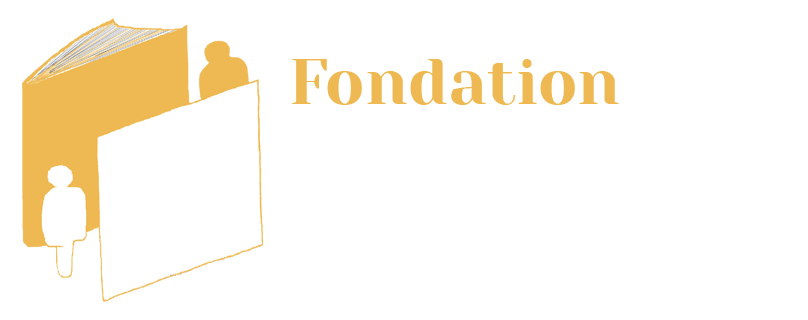Eliakim Carmoly
Chief Rabbi of Belgium (1832-1834) and Orientalist.Eliakim Carmoly received his Talmudic instruction in Colmar, along with a solid secular education. It can be assumed that he studied at university, since the obligation to hold a university degree was one of the conditions set by the Central Consistory of the Jews of Belgium for access to the Belgian Chief Rabbinate. After his studies, Eliakim Carmoly was attached to the manuscript department of the Royal Library in Paris, where he was in charge of Hebrew manuscripts. From that time on he was a member of the Royal Academy of Metz, the Royal Society of Sciences, Letters and Arts of Nancy, the Asiatic Society of Paris, the Asiatic Society of Great Britain and Ireland, the Society of Medical Sciences of Moselle and the Society of Antiquaries of London. Eliakim Carmoly was the first Chief Rabbi of independent Belgium, elected on 18 May 1832. In this capacity, he took part in the first reforms of worship in the Jewish community of Brussels. In 1834, however, the growing disagreement between him and part of the community, for his religious opinions as well as for personal reasons, led the leaders of the Consistory to ask him to resign from his position. Nevertheless, he remained in Brussels after his ouster from the Grand Rabbinate, registered as a trader in the population registers, until 1839. From 1835 onwards, he devoted himself mainly to his literary and scientific activities. Eliakim Carmoly then retired to Frankfurt am Main,
where he organised the local committee of the Alliance Israélite Universelle, but it was in Brussels that he published his Revue Orientale - three volumes published between 1841 and 1844. They include his Essay on the History of the Jews in Belgium, the first attempt in this field, which strongly inspired those of Emile Ouverleaux, Salomon Ullmann and Ernest Ginsburger later on, and his study on the history of Jewish doctors, also published in the Bulletin médical belge. He continued his work as a translator of medieval Jewish literature and collected ancient Hebrew books and manuscripts. Although he was recognised by Christian scholars, he was mistrusted by the scientists of the Wissenschaft des Judentums. The manuscripts collected by Carmoly are scattered today in several collections, in Oxford, London, Moscow and Jerusalem in particular.
Abstract of : Jean-Philippe Schreiber, Dictionnaire biographique des Juifs de Belgique. Figures du judaïsme belge XIXe-XXe siècles, De Boeck&Larcier, 2002, pp. 74-75

